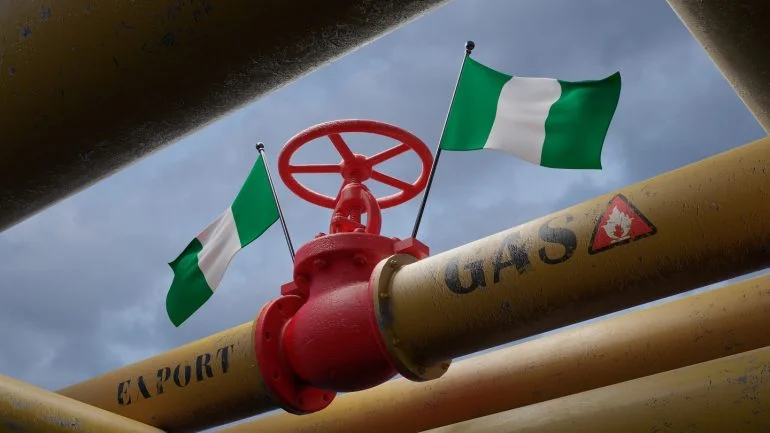Nigeria’s deal with Equatorial Guinea encompasses various aspects of the pipeline’s development.
Nigeria and Equatorial Guinea have signed an agreement to build and operate a gas pipeline, reported Reuters, citing Nigerian presidential spokesperson Ajuri Ngelale.
Leading Guide to Pipeline Systems for the Offshore Industry
The document includes detailed information on the manufacturers and suppliers and their products, along with contact details, to inform your purchasing decision.
Download free guide
The countries agreed on a $2.5bn project to construct a 200km pipeline that will transport Nigerian gas to Equatorial Guinea.
This collaboration also aims to bolster economic ties and address various regional challenges including employment, conflicts and food security.
In 2016, Nigeria and Morocco decided to construct the pipeline to foster regional integration and boost energy security, while providing a route for African gas exports to Europe.
This larger project, estimated at $25bn, is endorsed by the Economic Community of West African States.
The recent deal with Equatorial Guinea encompasses various aspects of the pipeline’s development, including legislative and regulatory frameworks, operation, transit of natural gas, ownership and general principles.
Nigerian Minister of State for Petroleum Resources (Gas) Ekperikpe Ekpo, as reported by the Sun, emphasised the economic advantages, pointing out that the project will boost Nigeria’s gas production and support Equatorial Guinea’s underused LNG and methanol facilities.
Negotiations are set to continue following the signing, focusing on the supply of stranded Nigerian gas through the pipeline.
Separately, Nigeria’s Dangote Refinery has called on the Nigerian Upstream Petroleum Regulatory Commission to enforce the Domestic Crude Supply Obligation, which mandates crude oil producers to allocate a portion of their output to domestic refineries.
This request arises as the Dangote Refinery, a 650,000-barrel-per-day facility constructed by Aliko Dangote on the outskirts of Lagos for $20bn, faces difficulties in securing enough crude oil, which is impacting its operational costs.
Nigeria’s oil production has been challenged by vandalism and underinvestment, affecting the refinery’s ability to obtain adequate crude supplies since its inception.

